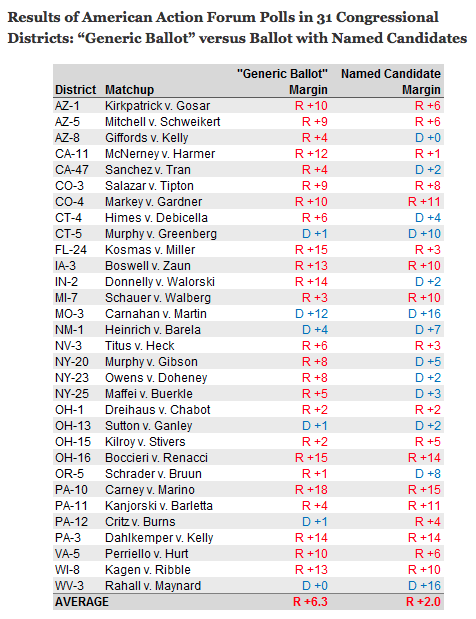It would no doubt be a poetic victory if the modern Tea Party elected an advocate of their cause from the area of the original Tea Party, but one problem remains: The Tea Party is not a fan of Mitt Romney. The Conservative organization FreedomWorks says that the Tea Party may stay home if Romney is nominated.
Why is Romney letting this sit out there instead of endearing himself to the Tea Party?

Here’s my take on what Romney is doing. He saw John McCain get hammered on immigration but still become the nominee because Huckabee stayed in the race and split the conservative vote. After a while, everyone warmed up to McCain (at least enough to vote for him). Romney probably figures that
since he’s currently the only Republican in a dead heat against Obama in the polls, he’s doing something right.
As the conventional wisdom goes, candidates must go to the right to get the nomination and then to the center to win the general election. But since so many other candidates are splitting that far-right vote, Romney probably sees it as more advantageous to go after the disaffected “Reagan Democrat” types who voted for Obama and want their money back but are scared to death of the tea party. That means, tea partiers attacking Romney equals cred with the moderate 2008 Obama voters.
And remember, lots of conservatives swore up and down that they’d never vote for McCain. But they ended up voting for him.
Mitt also said something recently about how most people won’t start following politics until after labor day. So maybe he’s just focusing on fund raising. The bottom line is that Romney’s supporters are sticking by him. I think he has 30% of likely voters to himself (As Dick Morris points out, most polls do not factor in independent voters, only republican voters, and many of the polls aren’t of “likely voters” but just republicans). Ron Paul takes another 10% off the map, which leaves only 60% to be split by the others. If Palin runs, she snatches up 20-30% of that, making it hopeless for anyone else (I know, she’s probably not running, but you never know). If Palin does not run, Bauchmann and Cain split that would-be Palin vote, and the remaining 30% gets split by everyone else.
I know Romney doesn’t want to be defensive if he doesn’t have to be, which is where I think whyromney.com can plan a key role that his campaign won’t be playing this go-around. So, lots of work still to do.
Could this be his downfall? J.E. Dyer calls the strategy a faux pas:
The American electorate has never, in my lifetime, been this much in the mood for a serious discussion of political ideas and principles. More and more of the people are cottoning to the fact that politics-as-usual is what has gotten us to where we are today. A big element of that is the rote crowning of “obvious” candidates by the GOP (something the Democrats do less of). I don’t see this dynamic as the “knives being out” for establishment candidates. But in the run-up to 2012, even establishment candidates will have to prove themselves.
It’s something more than that, however. In the circumstances of 2011 and 2012, Republican leadership will consist not in waiting around, watching numbers and deciding when to pounce in the primaries, but in engaging the people and giving shape and substance to their concerns. There is not a consensus for a “coronation candidate” to tap into. The divisions, and more importantly, the uncertainties, of some voters about the philosophical future of the GOP – and the USA – are too great this time around. A candidate who wants to win all the marbles is going to have to build his own consensus – and in the process, write the philosophical narrative with which the GOP will approach November 2012.
Romney can’t do that by ignoring the early debates and waiting for New Hampshire. What concerns me about him is that he doesn’t seem to have the political sense to recognize that. There is a disengaged, even high-handed politics-by-rules sclerosis in his approach – and it just doesn’t resonate. He won’t be able to get away with toting all his “issue” baggage – RomneyCare, anthropogenic global warming, flip-flops and ambiguity on abortion and gay marriage – while also declining to submit himself to the hard work of face-to-face politicking and actual votes.
Clever campaign design isn’t what Republican voters are looking for now. 2012 won’t be about that. Fewer GOP voters than ever before are content to project the narratives in their own minds onto the candidates vying for their approval. They want to hear candidates acknowledge their very basic concerns about the future of American liberty and republican government. They want to know that candidates “roger” those concerns and have concrete philosophical ideas – not necessarily or always programmatic ideas or policy soundbites – about what needs to change, in order to foster the future Republicans want. Romney isn’t giving them that, and apparently has no plans to. At this point, I’m not sure he can.


